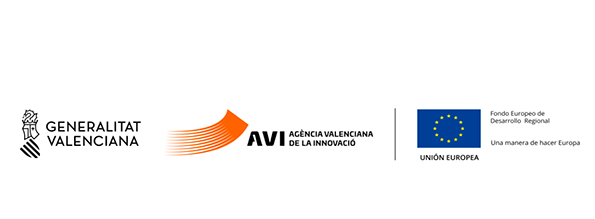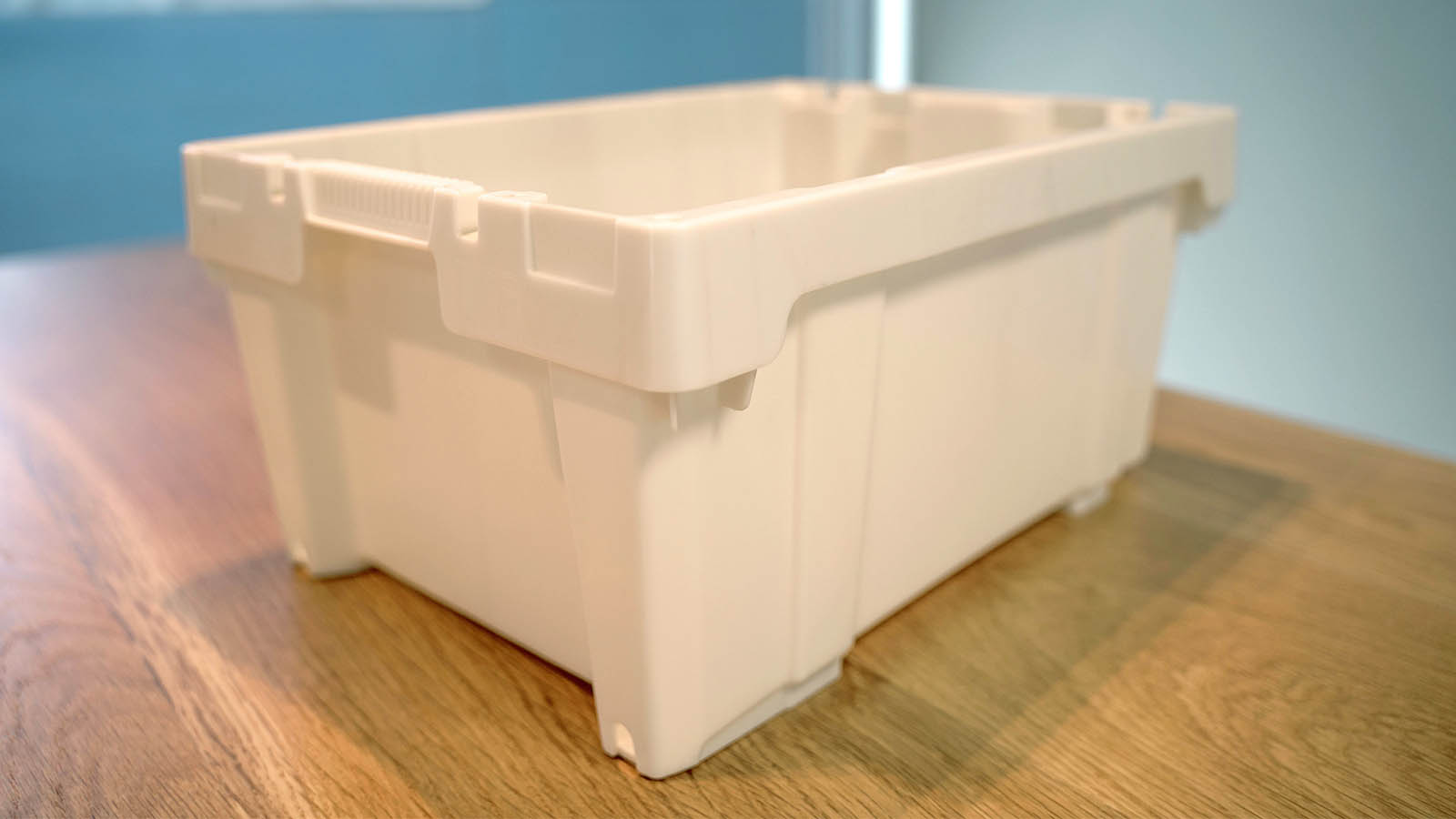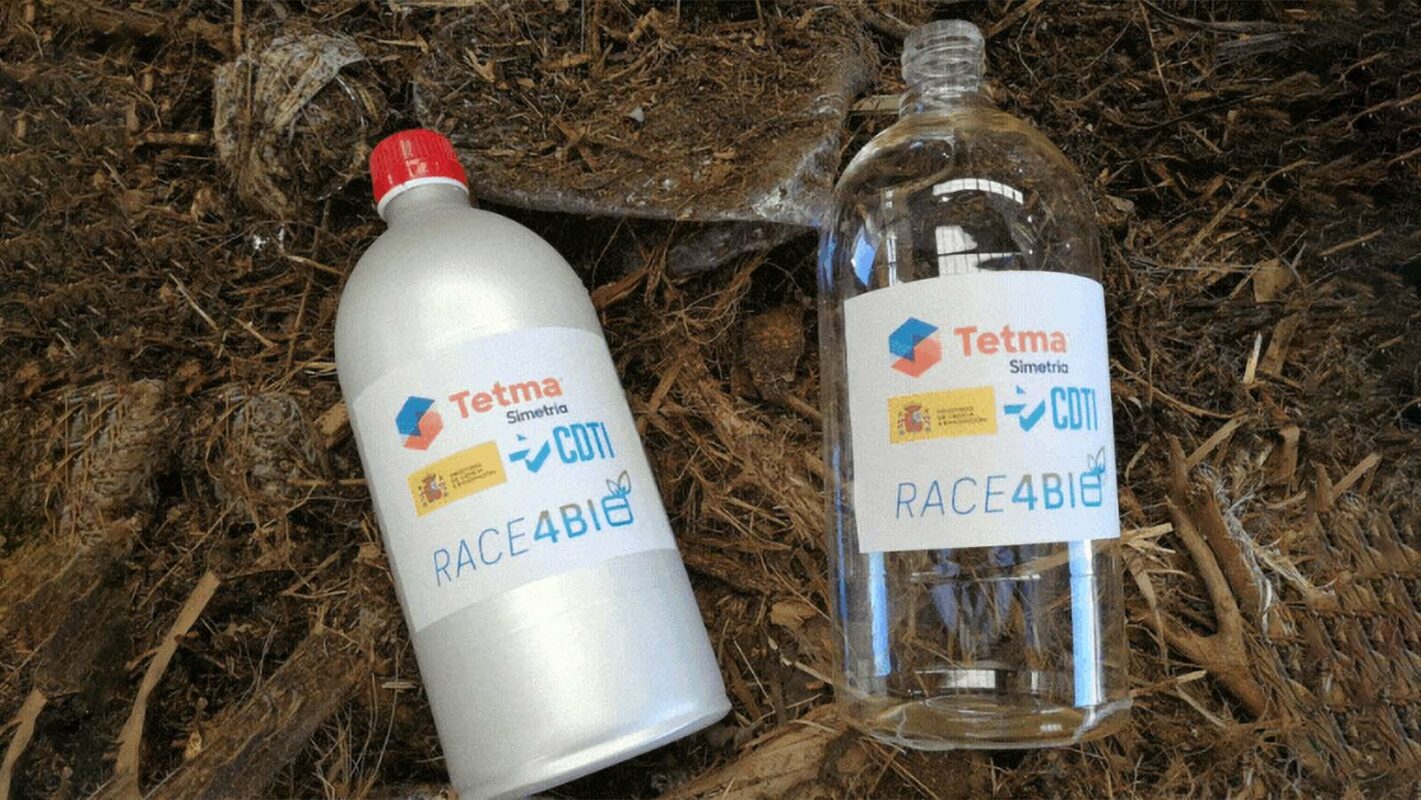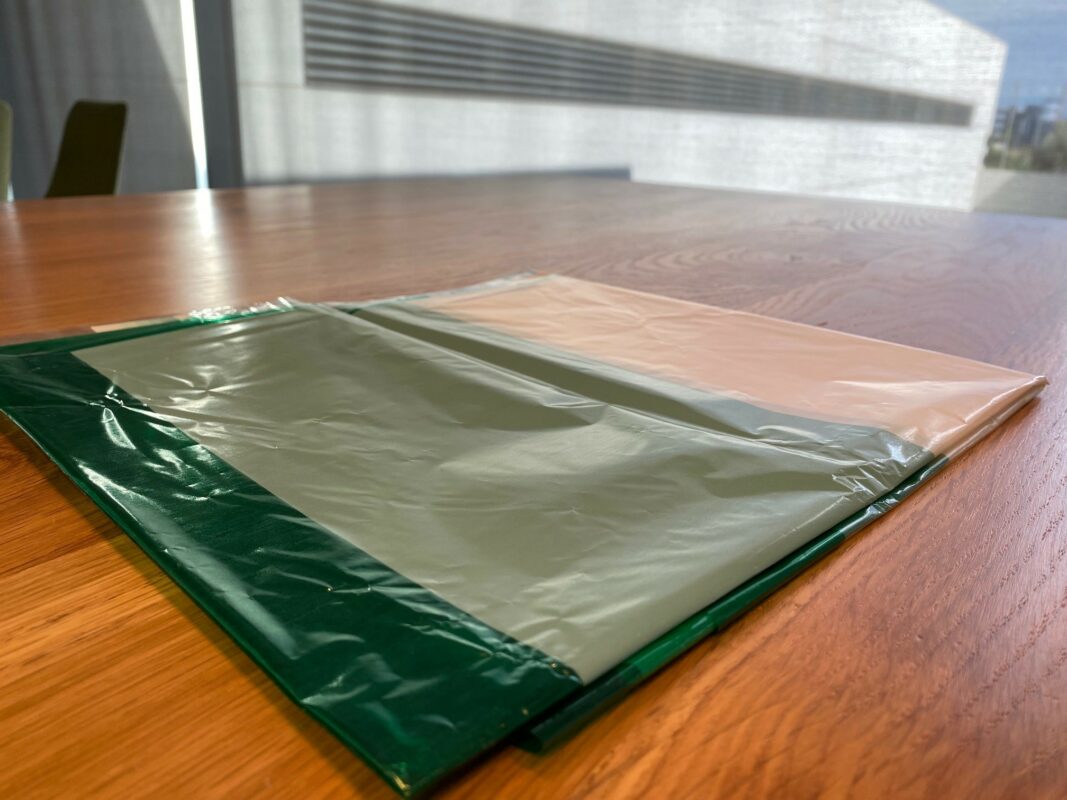DeepPET: Research, Development and Scale-up of Processes for Chemical Recycling of PET packaging
ITENE develops together with the Simetría Group chemical recycling processes for the recovery of waste with high PET content, which are complementary to the current mechanical recycling routes. This process will allow the recovery of post-consumer packaging waste that currently cannot be recovered by mechanical recycling due to its high degree of contamination or its technical difficulty.
In addition, as a result of the project, a robust process is expected to be obtained that will allow the recovery route developed for other polyester waste to be applied.
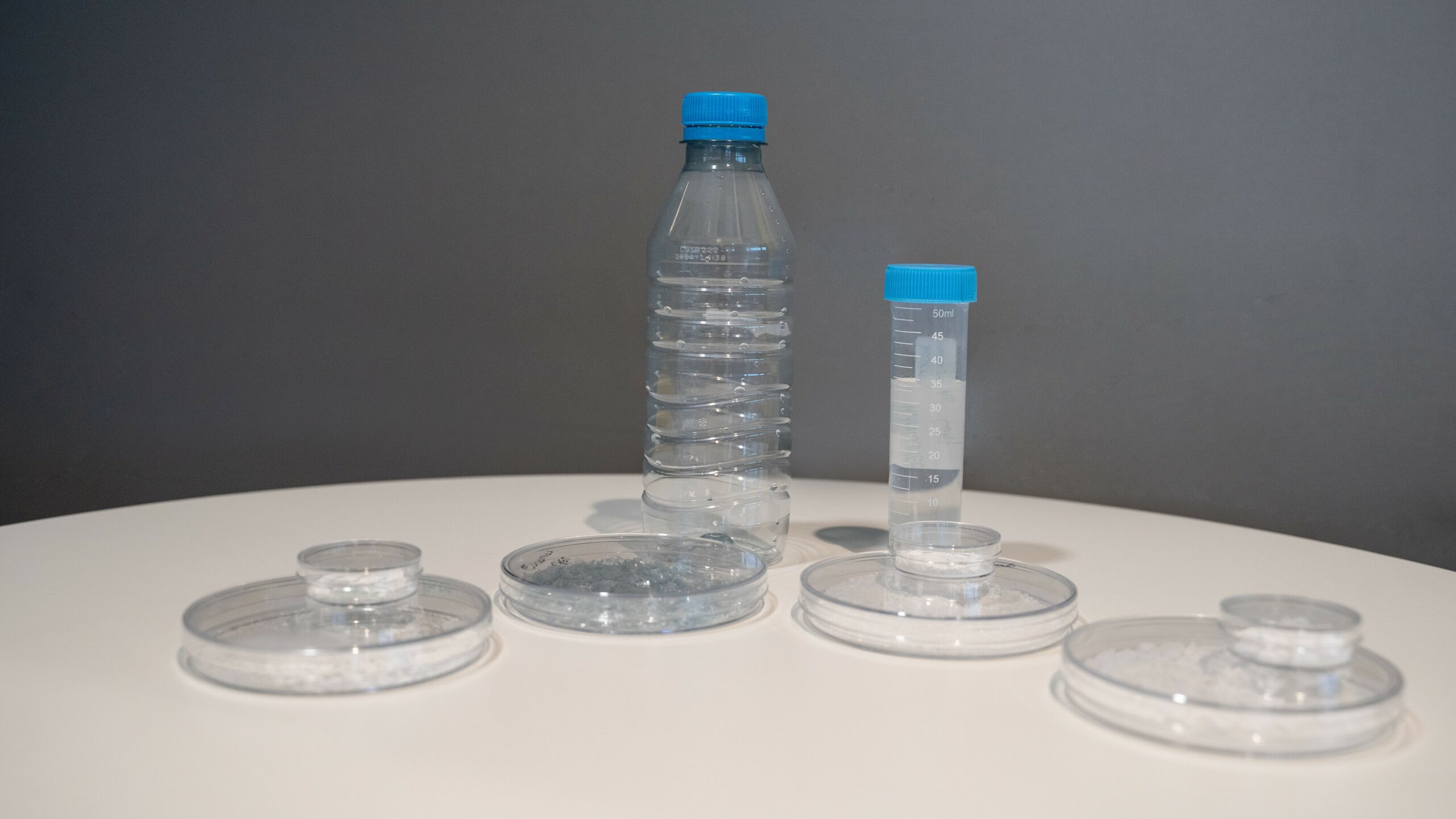
Context
The high performance required by the packaging industry, such as corrosion resistance and barrier properties needs, has led to an increase in the use of plastic packaging in recent years, with PET as one of the most widely used plastic materials for direct contact with food, both solids and liquids.
However, some PET packaging collected is not adequately recycled because of current recovery routes (mechanical recycling) limitations when these wastes contain certain amounts of contaminants, additives and mineral fillers or are combined with other polymers.
The presence of certain impurities, such as adhesives, plasticisers or colourants, leads to a loss of properties of the recycled PET (r-PET) in each recovery cycle. Additionally, certain contaminants, coming from its use cycle or produced during mechanical recycling, make it unsuitable for high value-added applications, such as direct food contact.
About Simetría and the DeepPET project
The company Técnicas y Tratamientos Medioambientales S.A.U. (TETma) is a private company belonging to the Services area of SIMETRÍA GRUPO, a group of companies with more than 80 years of experience and a wide range of companies in different fields. The activities of TETma, specialised in environmental management, are based fundamentally on the integral management of waste, from its initial collection to its treatment and recovery.
Grupo Simetría, from its role of project coordinator at a general level, carries out the coordination and supervision tasks, both technical and financial, of the whole development of the project and counts on ITENE as a support for the R&D activities.
Specifically, ITENE provides support in the identification of the target packaging of the project and those that may limit the process to be developed, either by their composition or degree of contamination.
Additionally, this centre will contribute to the research and development of the PET depolymerisation process at laboratory scale, including the study of the influence of different variables in the selected depolymerisation route.
ITENE provides support for the scale-up and pilot plant scale implementation of the developed process, including the necessary optimisation, and supports the study of the different alternatives evaluated during the development of the process, as well as its impact.
Objective and expected results
The main objective of the DeepPET project is the research, optimisation and implementation of a depolymerisation process for the chemical recycling of packaging waste with a high polyethylene terephthalate (PET) content that represents an alternative to the current mechanical recycling processes.
To this end, different solvolysis routes (alcohol, glycolysis and hydrolysis) will be investigated to achieve the depolymerisation of PET waste in order to obtain products of interest to the chemical industry called building blocks. These building blocks will consist of monomers and/or oligomers that can be used as raw materials for the manufacture of new products with high added value, such as new polyesters (PET) suitable for food contact.
This will allow the development of an alternative and complementary process to existing mechanical recycling systems, which will reduce the consumption of fossil-based raw materials. In addition, it will facilitate an increase in the rates and quality of recycled materials.
Thus, it will allow an increase in the rates and quality of recycled materials by overcoming the current technical limitations of mechanical recycling for the recovery of highly contaminated waste, and the consequent loss of material properties in each recycling cycle.
